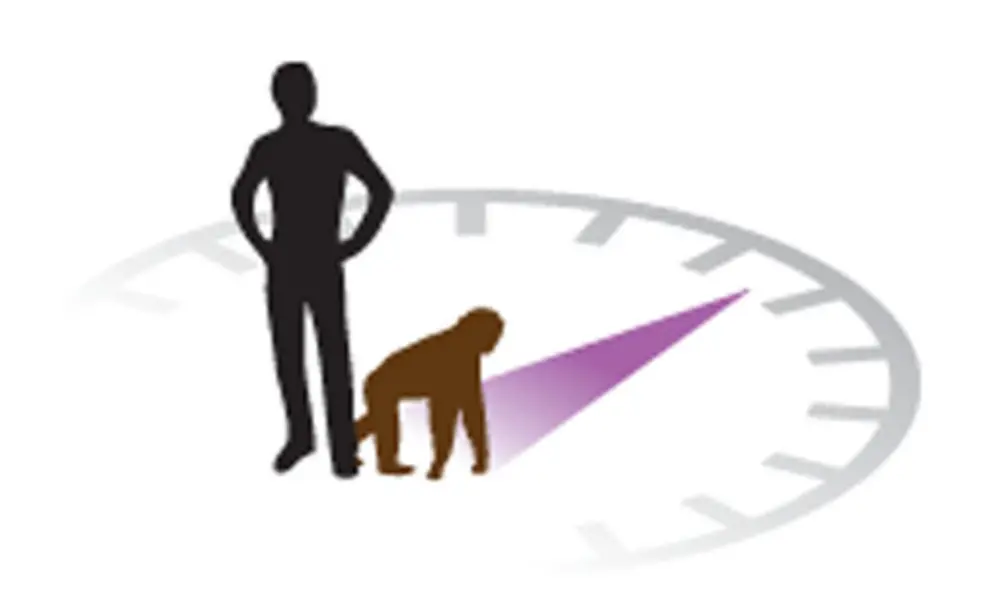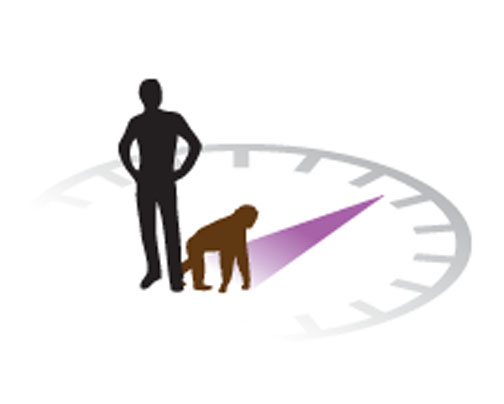FYI: Findings
Aging like apes Chimpanzees, gorillas, and other primates have shorter life spans than humans, but they show similar aging characteristics, according to a study published in Science March 11. Jeanne Altmann, a professor emerita of ecology and evolutionary biology, and colleagues from eight institutions compared human mortality with data from seven primate species in the wild. In two key measures — the mortality rate at the beginning of adulthood and the rate at which mortality increases as a function of age — humans fall “within the primate continuum of aging,” the authors found. All but one species mirrored the human tendency for adult males to have shorter life spans than adult females.
Guessing at grammar When learning language, how do we figure out what not to say, particularly when the rules seem arbitrary? The process is not limited to simple imitation, according to new research by Princeton linguistics professor Adele Goldberg and Jeremy Boyd of the University of Illinois, published in March by the journal Language. Subjects presented with made-up adjectives were able to generalize usage without explicitly understanding specific grammatical restrictions. For instance, following the example of similar words such as “alive” or “asleep,” the subjects placed “a” adjectives after the word they describe, choosing “the boy who is ablim” instead of “the ablim boy.”













No responses yet